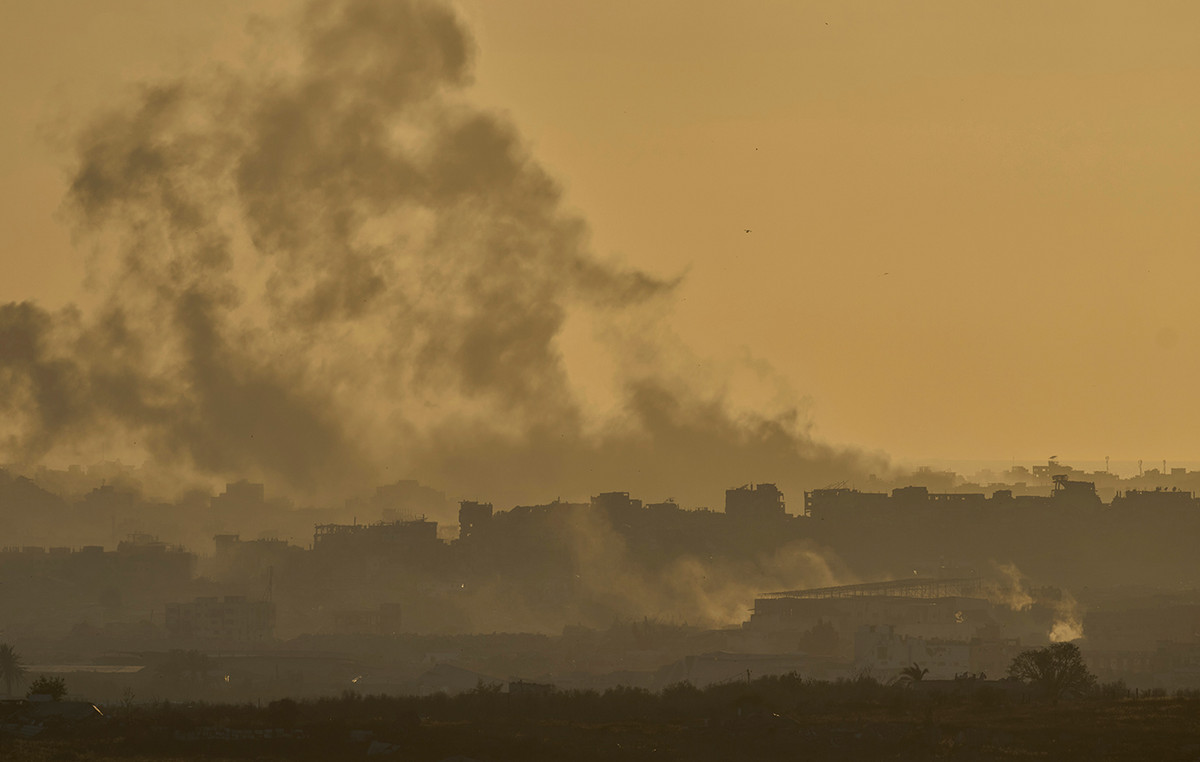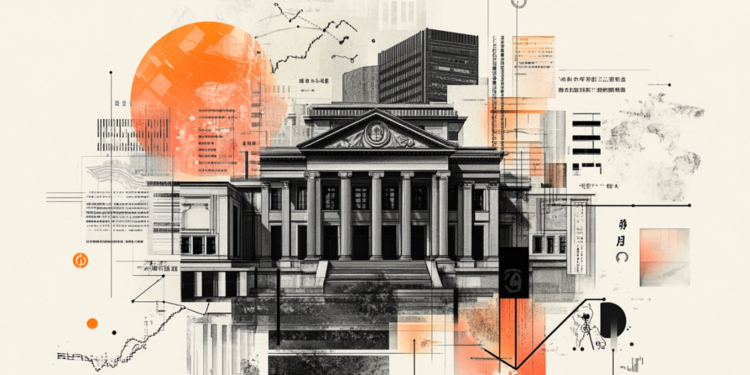The G7 is launching a huge $ 600 billion investment program for developing countries at the initiative of the United States to respond to the huge projects funded by China there. The details of the investment program are still unclear.
“Together with the G7 partners, we aim to mobilize $ 600 billion by 2027 for global infrastructure investment,” the White House said ahead of a speech by US President Joe Biden at the G7 summit in southern Germany. presented his proposal.
The “Global Infrastructure Partnership” should, according to the same source, “produce quality and sustainable infrastructure”.
The United States alone plans to mobilize $ 200 billion over five years under the program.
But the mere use of the term “mobilization” means that Washington intends to secure this amount through loans, public funding, and private funding that will be secured with the encouragement of the US government.
Westerners want to respond to China, which has invested heavily in many developing countries in building infrastructure under the New Silk Road program or securing access to certain raw materials.
Beijing is accused of implementing these programs through unfavorable, to dangerous, loans to the developing countries concerned, further aggravating the debt problems of these vulnerable states.
The Chinese attack “has been going on for years and has translated into a number of cash disbursements and a series of investments,” a White House official said today, noting that “it is not too late” for the G7 initiative.
“Many countries that have received resources or investments under the Chinese program now realize, many years later, that they are more indebted, that their GDP has not grown significantly, that the so-called investments have not reached their populations,” she said. White House source.
Sub-Saharan Africa will clearly be a top priority “of the G7 Partnership, the US official said, assuring that Central America, Southeast Asia and Central Asia are also” very important regions “.
Von der Leyen: Europe must give developing countries an alternative to Chinese capital
Europe will mobilize € 300 billion in private and public resources over five years to fund infrastructure in developing countries as part of the G7’s effort to tackle China’s Belt and Road project, European Commission President Ursula von said today. der Leyen.
“It is up to us to give a positive and strong investment impetus to the world to show our partners in the developing world that they have a choice and that we intend to step up our solidarity to meet their development needs,” von der Leyen told press conference with the leaders of Germany, Italy, Canada, the United States and Japan.
Biden: Beneficial investment for everyone
“He welcomed the G7 agreement,” said US President Joe Biden, referring to it as “an investment that will pay off for all.”
“This is not an almsgiving. This program is an investment that will pay off for everyone, including the American people and people in all our countries, and stimulate our economies,” Biden said on the sidelines of the summit. G7 launched today in Bavaria.
For his part, the German chancellor Olaf Solts spoke of “an opportunity to share our positive vision for the future” and described the initiative as “another example of G7 unity”.
The two leaders stressed that their Partnership aims to support developing countries in the face of climate change, strengthen women’s rights, provide better health services and a faster and smoother digital transition.
“We need a value-based alternative to China’s investment,” he said, referring to China’s New Silk Road.
In a more relaxed moment for the leaders, the British Prime Minister Boris Johnsonon the way to the established “family” photo of the meeting, asked if he should take off his jacket.
“We all need to show that we are tougher than Putin,” he joked, referring indirectly to earlier appearances by the Russian president, who showed off his rhyming rider on topless horses.
Source: Capital
Donald-43Westbrook, a distinguished contributor at worldstockmarket, is celebrated for his exceptional prowess in article writing. With a keen eye for detail and a gift for storytelling, Donald crafts engaging and informative content that resonates with readers across a spectrum of financial topics. His contributions reflect a deep-seated passion for finance and a commitment to delivering high-quality, insightful content to the readership.







